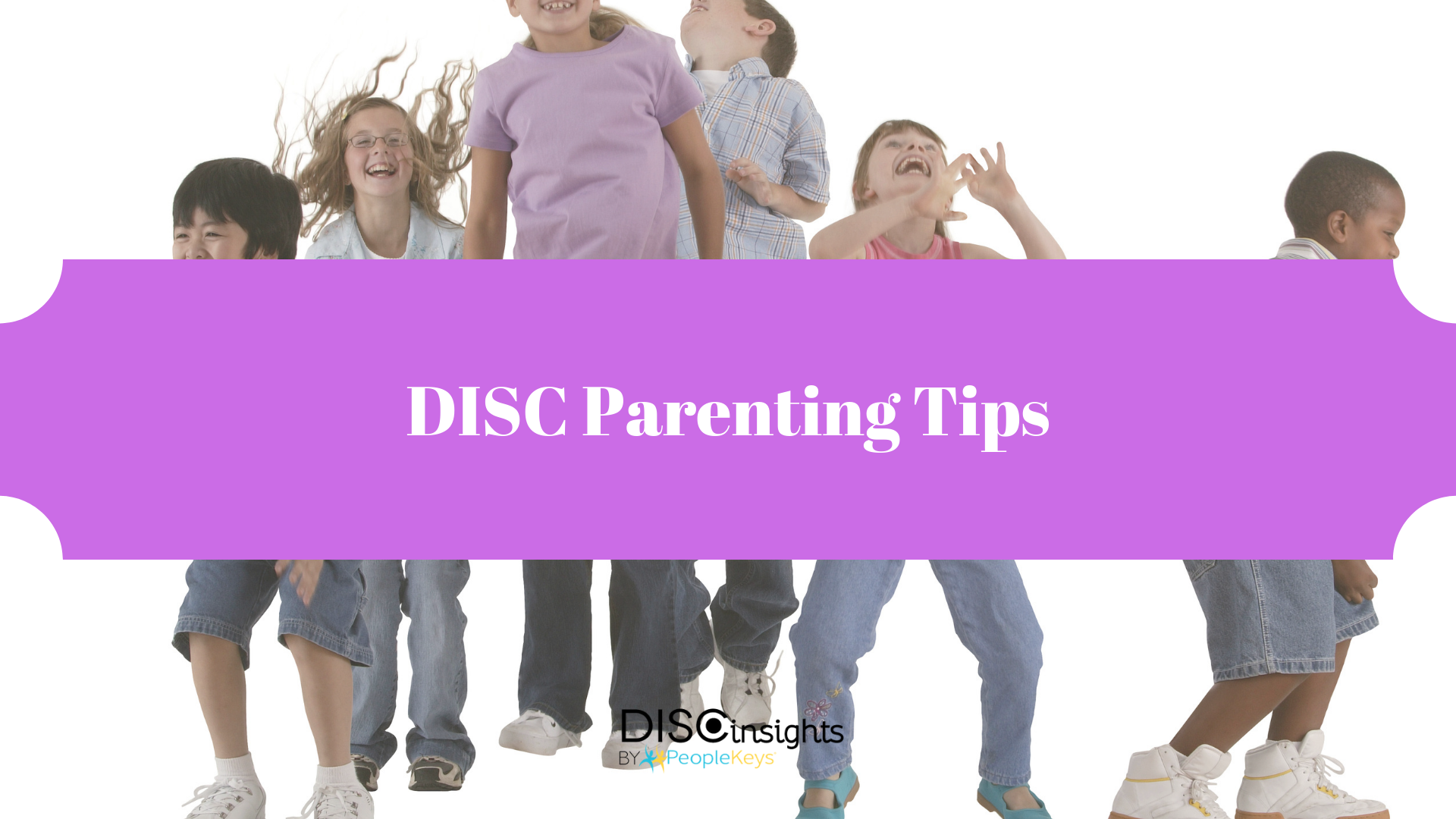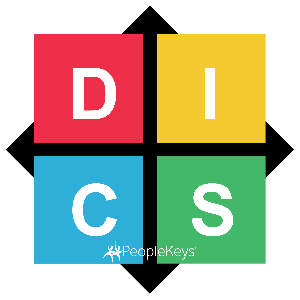- SHOP BY PRODUCT
- DISC TRAINING & CERTIFICATION TOOLS
- DISC RESOURCES
- BLOG
- SHOP BY PRODUCT
- DISC TRAINING & CERTIFICATION TOOLS
- DISC RESOURCES
- BLOG
- ALL ITEMS



There’s only a few weeks left in the school year before kids are out on summer break. I have yet to meet a school-aged child that wasn’t excited about school letting out for the summer. For kids, summer is a welcome escape from the rules and routines of school, and a time for fun, friends, and family. But there’s a down side to taking a nearly three-month break from school. Unless fundamental academic skills are practiced over the summer, children tend to forget a large amount of the information that they mastered before the start of the summer. This gradual academic decline is what’s known as “summer slide.”
To help warn parents about the dangers of summer slide, the National Summer Learning Association recently published data that suggests:
Summer slide is real, but it’s also avoidable. It’s not a matter of removing all of the fun from summer. It’s a matter of adding in a few carefully-selected learning opportunities to your child’s summer schedule that they will enjoy and look forward to. But that’s the trick, isn’t it? How do you distinguish between summer activities that will have your child excited to participate, and activities that will have them rolling their eyes and dragging their feet?
When it comes to summer learning, don’t fight your child’s personality. Adapt to it. When parents understand their child’s DISC personality type, it’s easy to find the right educational strategies for the summer and beyond. Here are a few brain-stimulating summer learning activities based on your child’s personality type:
D Personality Child: The Leader
Children with a D-style personality are strong-willed, and don’t like to be told what to do. D children respond well when they’re encouraged to set their own goals and make their own choices. As a parent, this could mean asking your child what skills they would like to work on over the summer, or what they would like to achieve over the summer. If there’s a specific skill that you would like your child to work on, let the child help brainstorm ways to incorporate practice into the daily routine. At the very least, try to offer choices whenever possible and empower the D-style child to feel in charge of their own learning.
When choosing a summer classes and activities for your child, keep in mind that the D child likes to move at a fast pace, and responds well to competition and challenges. Whenever possible, look for lessons that have clear objectives and link strongly to real-world applications.
Examples of good summer activities for D-style children include:
I Personality Child: The Entertainer
Who says learning has to be boring? If you have an I-style child, look for summer learning opportunities that are fun, interactive, and social. An I child loves to get dirty and messy, so outdoor activities are a great fit. Also, stuffy classroom environments should be avoided, and an I-style child works best when encouraged to talk and be active.
Attention span can be a problem with an I-style child, so short classes or activities will be met with the most success. Spontaneous interaction and active engagement are encouraged, and a variety of different teaching methods (as opposed to a consistent routine) will keep the I child happy, interested, and engaged.
Sitting still, being quiet, and following the rules are all difficult for an I child. When choosing summer learning activities, try to find ways to put their creative and social energies to good use. Group activities are perfect for I children. Turn learning into a game whenever possible.
Examples of good summer activities for I-style children include:
S Personality Child: The Caregiver
Whereas an I-style child loves games and spontaneous rapidly-changing activities, a child with an S personality is much more routine based. They like consistency and stability. In a large, noisy group class or activity, the S child may feel intimidated and retreat into themselves. Small groups, one-on-one, or individual activities are best for the S-style child.
Topics for summer learning are best framed in ways that relate the subject back to the S child’s personal or family life. An emotional element to the learning is also helpful.
When planning activities for the S-style child, make sure the time is budgeted wisely; Let the S child take their time, and don’t push or jump too quickly between subjects and tasks. One month-long summer class at the same location, for example, might be better for the S-style child than a variety of week-long classes held in different places.
Examples of good summer activities for S-style children include:
C Personality Child: The Thinker
C-style children will be happy to perform educational activities over the summer, as long as those activities make sense. Explain what you’re asking the child to do, and why. Over the summer, try to put the C child in activities, lectures, or classes that are structured and sequenced. Chaotic group activities are frustrating to the C child.
C-style children are thoughtful, introspective, and like follow rules. A C child learns through asking questions, so be sure that any activities you choose allow enough independent time for your child to think and prepare. The C-style child is often uncomfortable with spontaneity, and might end up dreading summer activities that are a bit of a free-for-all, or require immediate on-the-spot discussion.
Examples of good summer activities for C-style children include:
Don’t know your child’s DISC personality type? Looking for more information on DISC, parenting, and learning strategies? Check out our Children’s Report. The Children’s Report is written for children ages 9 -13 and their parents. It is designed to identify personality type, help children understand their own behavior, and provide parents with helpful advice for teaching, nurturing, and communicating with their children.
Summer’s almost here. Help your child make the most of it by matching summer learning opportunities to your child’s personality. Beat summer brain drain with DISC.

© PeopleKeys. All Rights Reserved
WORKING DAYS/HOURS
Mon - Fri / 8:30AM - 5:00PM EST
